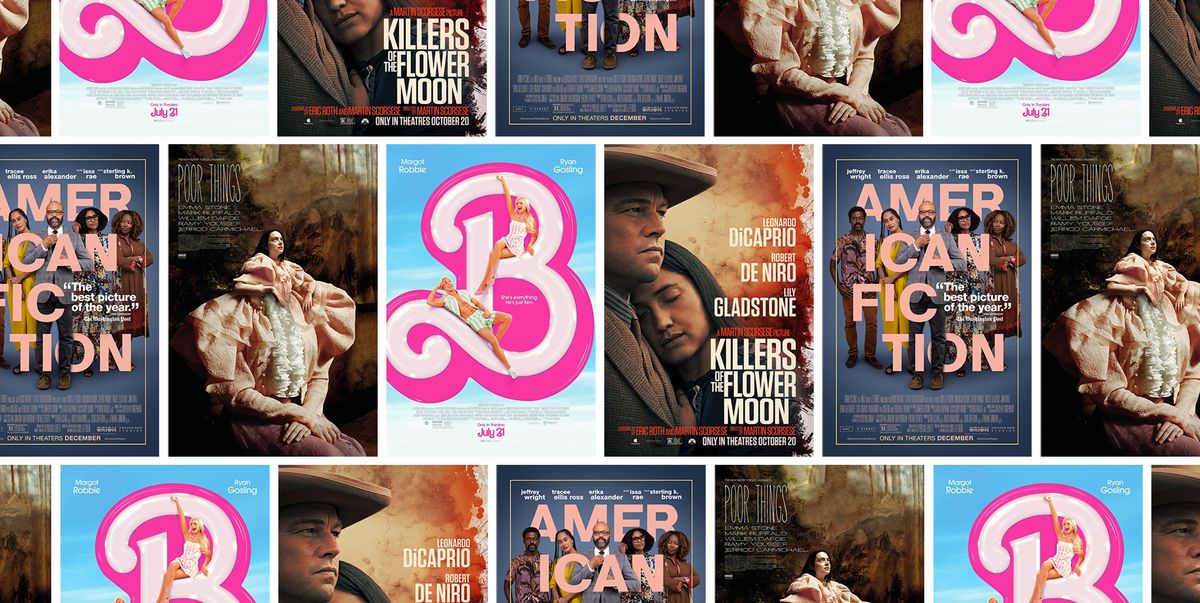odanny
Diamond Member
I have not seen any of them, will definitely watch Oppenheimer, Killers of the Flower Moon as well, but the one I most want to see is Zone of Interest.
I don't think any film has a chance to win this award from Oppenheimer.

 www.townandcountrymag.com
www.townandcountrymag.com
I don't think any film has a chance to win this award from Oppenheimer.

How to Watch All the 2024 Best Picture Nominees
Ahead of the Academy Awards this weekend, here's how to watch all the movies you may have missed in theaters.

